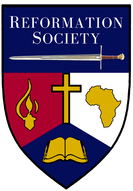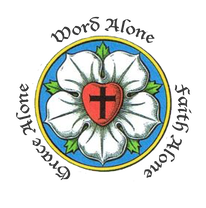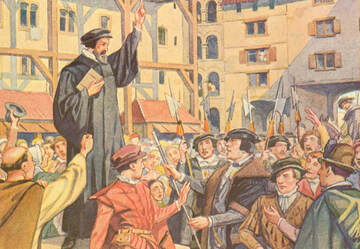
A Man of Action
Guillaume Farel (1489-1565) was a dynamic man of action who gave his whole life to spreading the Gospel of Christ. Farel was one of the most important leaders of the French Reformation from its beginnings. By Grace Alone While studying under Professor Jacques Lefevre at Sorbonne University in Paris, Farel came to faith in Christ. Professor Lefevre had published a Latin translation of, and commentary on, The Epistles of St. Paul. As he taught that it is God who saves by grace alone, Farel said his eyes were opened and his heart believed. Leader of the French Reformation When Luther’s Reformation writings came to France, Farel was one of the most prominent leaders in the French Reformed movement. When persecution forced him to flee from France in 1523, he became the leader of a group of evangelists who preached in French speaking Switzerland.
0 Comments
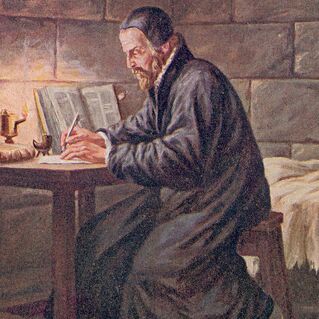
Bishop Stephen Bradley observed: “We are in danger of forgetting truths for which previous generations gave their lives.”
That our churches are in danger of forgetting the great Reformation truths, for which previous generations of martyrs willingly laid down their lives, was forcefully impressed upon me during a recent ministry trip to Europe. I had the opportunity to visit Oxford and see the Martyrs Memorial. It drew my attention to an event that occurred 450 years before. The Oxford Martyrs On 16 October 1555, just outside the walls of Balliol College, Oxford, a stout stake had been driven into the ground with faggots of firewood piled high at its base. Two men were led out and fastened to the stake by a single chain bound around both their waists. The older man was Hugh Latimer, the Bishop of Worcester, one of the most powerful preachers of his day, and the other Nicolas Ridley, the Bishop of London, respected as one of the finest theologians in England. More wood was carried and piled up around their feet. Then it was set alight. As the wood kindled and the flames began to rise, Bishop Latimer encouraged his companion: “Be of good cheer, Master Ridley, and play the man! We shall this day light such a candle, by God’s grace, in England, as I trust shall never be put out.” 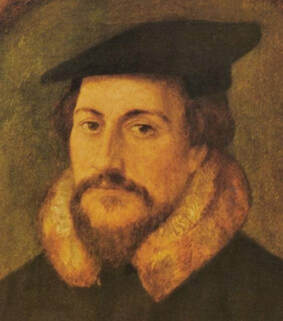
To read the Dutch translation of this article, click here.
The exiled French Reformer, John Calvin, became the most influential man of his age and his teachings have proven to be some of the most influential in the shaping of Great Britain and the United States of America. Prominent Calvinists Some of the greatest philosophers, writers, Reformers and Christian leaders in history have described themselves as Calvinists. Some of Calvin’s influential disciples include: John Knox, William the Silent, Oliver Cromwell, John Owen, John Milton, Richard Baxter, Jonathan Edwards, David Brainerd, George Whitefield, William Carey, William Wilberforce, Sir Isaac Newton, Lord Shaftesbury, Charles Spurgeon, David Livingstone, The Covenanters in Scotland, The Huguenots of France, and the Pilgrim Fathers who emigrated to New England. 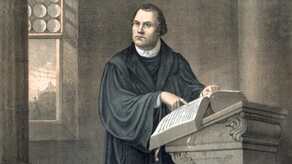
Reformation Day Events
To see upcoming Reformation Day Celebration events, click here. You can also view upcoming events on Reformation 500 Facebook page, please like and share on social media. For more details, phone: 021-689-4480, or e-mail [email protected] “But seek first the Kingdom of God and His righteousness and all these things shall be added to you.” Matthew 6:33 31 October 1517 marks a single event, on a single day, which changed the world forever. It marks when Professor Martin Luther nailed his 95 Theses on the door of the Schlosskirche (The Castle Church) in Wittenberg, Germany. First Things First It was not that Martin Luther was attempting to launch a Reformation. He was seeking first the Kingdom of God and His righteousness. It was Martin Luther’s desperate quest for peace with God that led him to study the Scriptures intently. He was overwhelmed by the holiness of God and the depravity of man. He agonised over his own sinful nature. 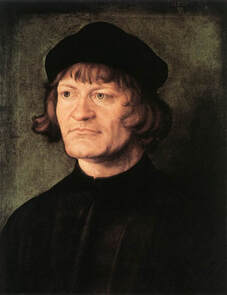
1 January marks the birthday of Swiss Reformer Ulrich Zwingli and of the launch of the Reformation in Switzerland. It was on 1 January 1519 that Ulrich Zwingli began expositionary preaching in Zürich, starting with the Gospel of Matthew, Chapter 1. Ulrich Zwingli was the father of the Reformation in Switzerland.
Born and raised in the Alps, Zwingli was one of the most colourful and audacious characters in Swiss history. A devout student of Scripture, Zwingli was transformed and shaped by the Word of God. He has been described as "an amazing combination of intellect, passion and wit." Man of the Mountains Born at an altitude of 3,600 feet (1,100 metres), the son of the Mayor of Wildhaus, Zwingli studied in Bern, Basel, and Vienna. In 1506, he received his MA degree. As a pastor in Glarus, Zwingli served as a chaplain with Swiss mercenary soldiers in Italy. The Swiss regularly hired out their men to fight for foreign powers. At that time, the Swiss generally believed that their national economy depended on this war industry. 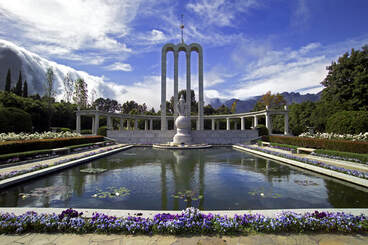
The Huguenots have left us a tremendous legacy of heroic faith, Christian endurance and sacrifice. Their contributions to our culture, spiritual life and prosperity have been out of all proportion to their small numbers.
Afrikaans Ancestors There are many Huguenot surnames amongst us to this day: Blignaut, De Klerk, De Villiers, Du Preez, Du Toit, Fourie, Hugo, Joubert, Le Roux, Malan, Nel, Pienaar, Retief, Rossouw, Theron, Viljoen, Visagie, and many others. The first Huguenot to arrive at the Cape, on 6 April 1652, was Maria de la Quellerie, the wife of the first governor of the Cape, Jan Van Riebeeck. Maria's grandfather had been a French Huguenot pastor. Dynamic Christian Movement The Huguenots were Protestants, members of the Reformed Church of France. Their forerunners were the Waldensians, a dynamic Bible study movement which arose in the 12th century, led by Peter Waldo, a merchant of Lyons. The Waldensians desired to study the Scriptures and be faithful to Biblical principles in all areas of life. These poor men of Lyons went out in twos and boldly proclaimed the Word of God throughout Southern France, Northern Italy and Switzerland. 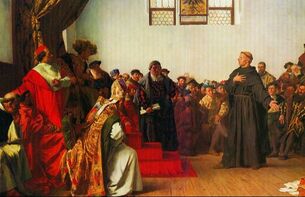
18 April marks the anniversary of a momentous turning point in world history. The Reformation was led by men of strong faith, deep convictions, great intelligence, high moral standards and tremendous courage. Towering above all these great Reformers, Martin Luther stands out as the most courageous, controversial and influential Reformer of all time.
Facing Certain Death Summoned to Worms, Luther believed that he was going to his death. He insisted that his co-worker, Philip Melanchthon, remain in Wittenberg. "My dear brother, if I do not come back, if my enemies put me to death, you will go on teaching and standing fast in the truth; if you live, my death will matter little." Luther at Worms was 37 years old. He had been excommunicated by the Pope. Luther would have remembered that the Martyr, John Hus, a Century before, had travelled to Constance with an imperial safe conduct, which was not honoured. |
History ArticlesCategories
All
Archives
May 2023
|
- Home
-
History Articles
- History Articles
- All Categories
- Character Studies
- Greatest Century of Missions
- Greatest Century of Reformation
- Reformation In Bohemia
- Reformation In England
- Reformation In France
- Reformation In Geneva
- Reformation In Germany
- Reformation In Italy
- Reformation In Scotland
- Reformation in Switzerland
- Victorious Christians
- Contemporary Articles
- Resources
- Contact
- Donate
|
The Reformation Society
PO Box 74, Newlands, 7725, South Africa Tel : (021) 689-4480 Email: [email protected] Copyright © 2022 ReformationSA.org. All rights reserved |
- Home
-
History Articles
- History Articles
- All Categories
- Character Studies
- Greatest Century of Missions
- Greatest Century of Reformation
- Reformation In Bohemia
- Reformation In England
- Reformation In France
- Reformation In Geneva
- Reformation In Germany
- Reformation In Italy
- Reformation In Scotland
- Reformation in Switzerland
- Victorious Christians
- Contemporary Articles
- Resources
- Contact
- Donate
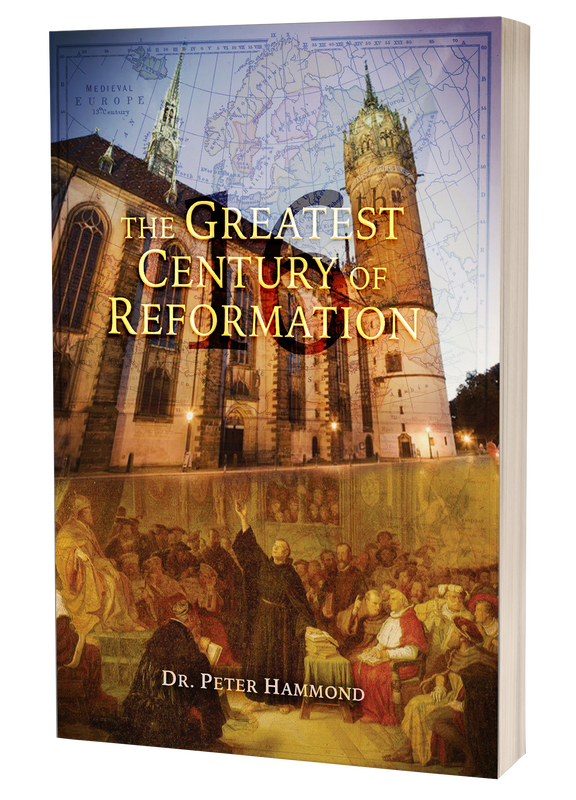
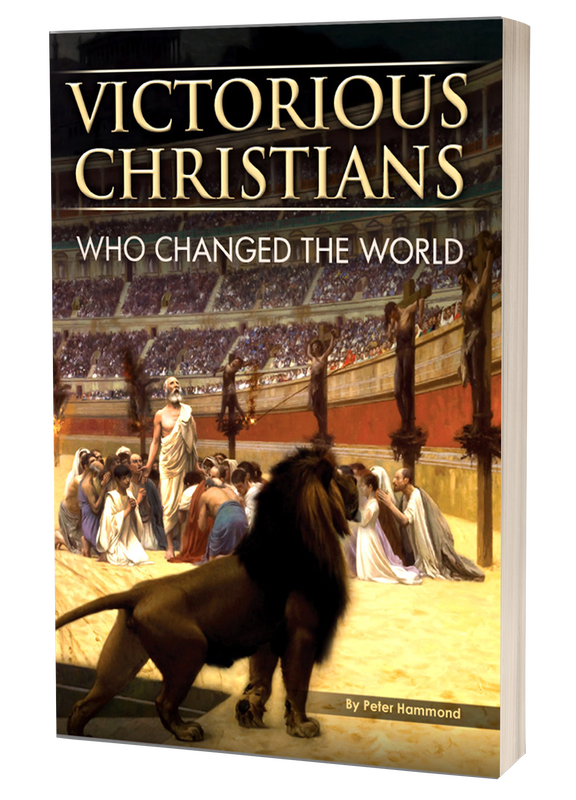
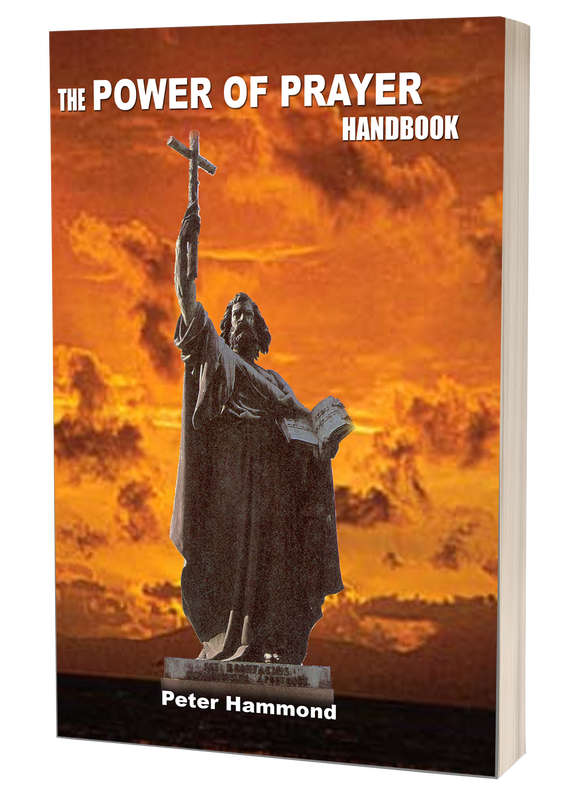
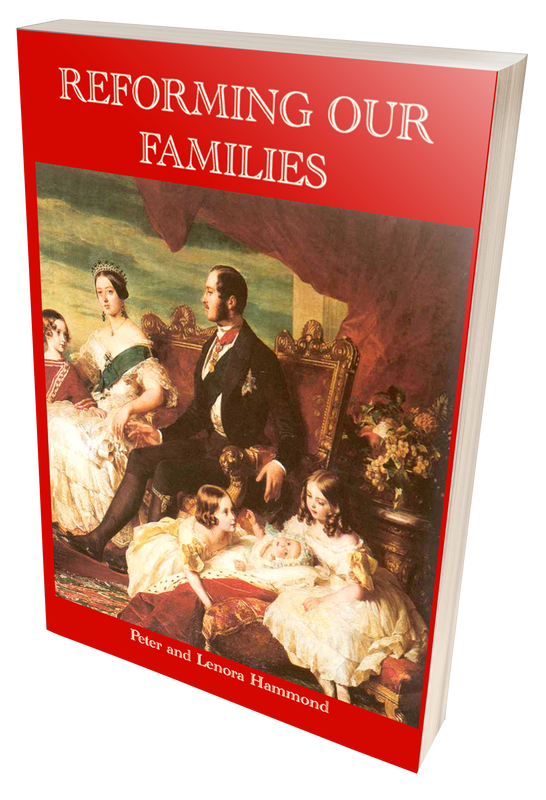
 RSS Feed
RSS Feed
